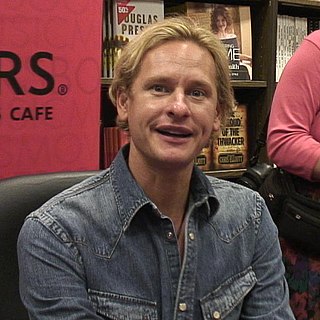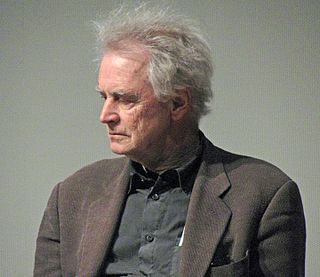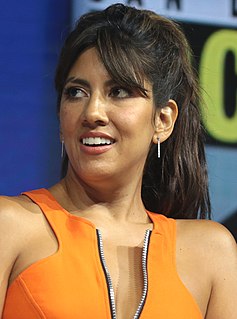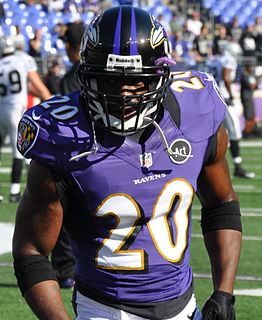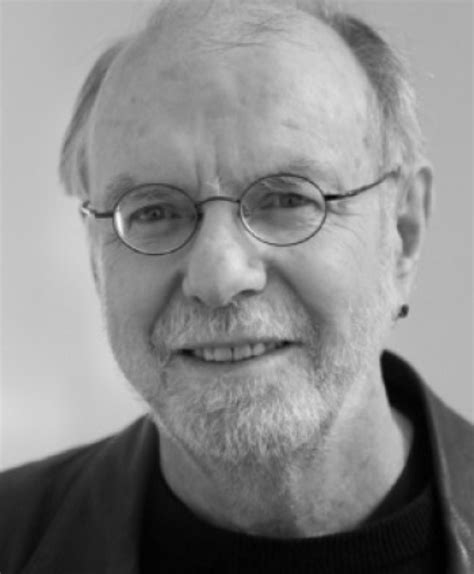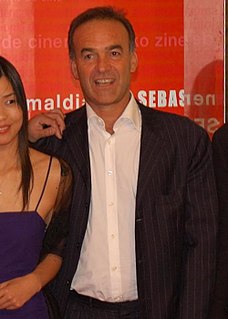A Quote by Carson Kressley
People are much deeper than stereotypes. That's the first place our minds go. Then you get to know them and you hear their stories, and you say, 'I'd have never guessed.
Related Quotes
People say that you can't change people's minds with a movie or book, but how do they get formed in the first place? They get formed by what we see and read. In a certain way, movies are ahead of their times. People make them and don't really know if the audience will respond to them. Once in a while, they do.
When you label somebody and put them in a box, then you put the lid on the box, and you just never look inside again. I think it's much more interesting for human beings to look at each other's stories and see each other. Really see each other and then see themselves through other people's stories. That's where you start to break down stereotypes.
I can remember when I first got to los Angeles . I didn't have a car, I didn't have any money. I was walking the streets, you know, trying to get from place to place on foot almost. Sometimes, you know, you say, how am I ever going to get from here to there? There are a lot of people still having that dream and not being able to get there. So you never know. The idea is to keep on tap dancing, though.
Each of us is comprised of stories, stories not only about ourselves but stories about ancestors we never knew and people we've never met. We have stories we love to tell and stories we have never told anyone. The extent to which others know us is determined by the stories we choose to share. We extend a deep trust to someone when we say, "I'm going to tell you something I've never told anyone." Sharing stories creates trust because through stories we come to a recognition of how much we have in common.
As we get older it is our short term memory that fades rather than our long term memory. Perhaps we have evolved like this so that we are able to tell the younger generation about the stories and experiences that have formed us which may be important to subsequent generations if they are to thrive.I worry though, about what might happen to our minds if most of the stories we hear are about greed, war, and atrocity
These nights are endless, and a man can sleep through them, or he can enjoy listening to stories, and you have no need to go to bed before it is time. Too much sleep is only a bore. And of the others, any one whose heart and spirit urge him can go outside and sleep, and then, when the dawn shows, breakfast first, then go out to tend the swine of our master. But we two, sitting here in the shelter, eating and drinking, shall entertain each other remembering and retelling our sad sorrows. For afterwards a man who has suffered much and wandered much has pleasure out of his sorrows.
When somebody comes up with a progressive idea, to begin with, you're mad, bonkers. Then if you go on, you're dangerous. Then there's a pause. Then you can't find anyone who can say they thought of it in the first place. That's how progress is made. This is why I do believe in the vote. In the end, all these people who've been tempted to the right realise the warning lights in their constituency are brighter than the bright lights from No. 10 offering them things.
Living in a place like Pakistan, very often you meet people who are migrating abroad. And sometimes you'll ask their parents, you know - you didn't try to stop them? Like, why didn't you say, don't go - I'll miss you? Stay with me. And, you know, people say, well, it's best for them. They have to go. And parents, you know, take on that sadness because they know it's better for their children if they leave.
I don't know what to say to people. It's become so big. It's become part of the cultural environment. For the first and second Twiglight, I knew exactly what to say to people. If you don't know what the story is by now, then you've probably never been to the cinema before. How about, "Why not go to the cinema for once?" I don't know.
You know so many documentaries now are very carefully scripted before you start, and then people are sort of put in chairs which are beautifully lit, and they tell their stories and you do that with another 10 people and you then construct a story from what they say. You do a sort of paper thing, and then you put some images in-between, and that's your film. And that's so not what I think is a good documentary. It can be so much more than that, it should be much more of an adventure and much more uncertain... like real things are.
